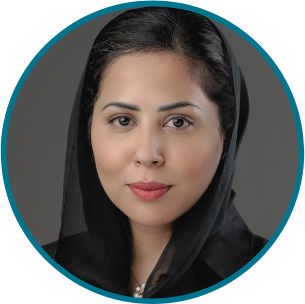Who We Are
A Global Leader in Marine Conservation
Who We Are
A Global Leader in Marine Conservation
WHO WE ARE
A Global Leader in Conservation
The Khaled bin Sultan Living Oceans Foundation is a non-profit organization that works to protect, preserve, and restore the world’s oceans and aquatic resources. Established in 2000, the foundation is based in the U.S., but works around the world to conserve coral reefs and other tropical marine ecosystems.
Using a combination of science, outreach, and education, the Living Oceans Foundation works with coastal communities to co-design sustainable marine conservation programs, improve ocean literacy, and inspire the next generation of ocean leaders. All of our work is guided by our motto, Science Without Borders®, because we believe that by working together, we have the best chance to achieve lasting conservation.
The foundation was established by His Royal Highness Princes Khaled bin Sultan of the Kingdom of Saudi Arabia, which he now oversees in partnership with his daughter, Princess Hala bint Khaled bin Sultan. Under their leadership, the foundation has achieved many accomplishments, including developing state-of-the-art educational resources, producing several award-winning films, and organizing many large-scale research missions, including the Global Reef Expedition—the world’s largest coral reef survey and habitat mapping expedition. Now, the foundation is focused on using all we have learned to preserve the health of our living oceans…before it is too late.
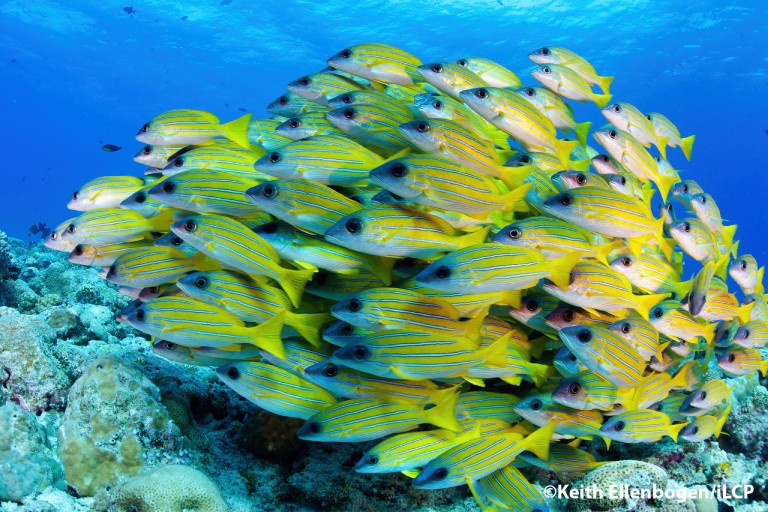
Our mission is to protect and restore ocean health by providing science-based solutions. We want to make ocean conservation a high priority and hope that our work empowers people to keep ocean resources healthy and sustainable.
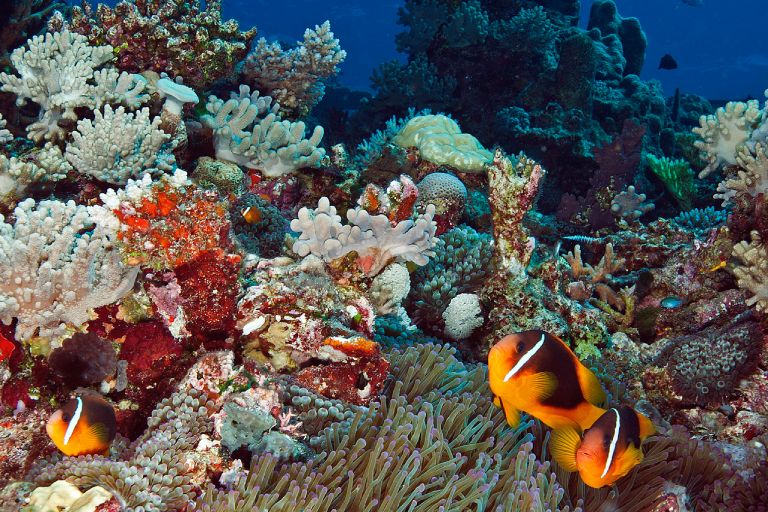
At the Khaled bin Sultan Living Oceans Foundation, we believe that by working together, we can make a difference. With our experience conducting field research and designing education and community outreach programs, we combine our passion with deep knowledge to save our oceans. We're calling on the global community to help us meet the challenge of our generation.
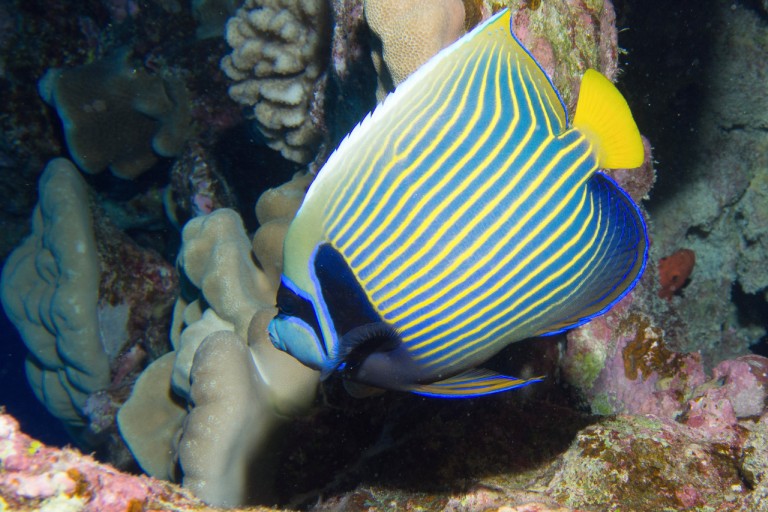
Since our founding, we have brought experts from around the world together with local communities to help them conserve their coastal marine ecosystems. This co-designed approach has allowed us to leverage the resources, commitment, and ideas necessary to make substantial progress in ocean conservation.
Science
We map coastal marine habitats, conduct scientific surveys, and assess the health and resiliency of coral reefs across the globe.
Outreach
We communicate our findings to decision-makers, share stories of our work, and engage with the public to inspire conservation action.
Education
We create educational materials and programs to engage students, communities, and stakeholders in conservation.
Science Without Borders®
Science Without Borders® is the motto and operating principle of the Khaled bin Sultan Living Oceans Foundation. Through partnerships with scientists and conservation organizations around the world, the Foundation is able to leverage the resources, commitment, and ideas necessary to make substantial progress in preserving the health of our living oceans.
Our People
The Living Oceans Foundation is run by a small team of dedicated individuals who work tirelessly to advance the Foundation’s mission.
Founder
His Royal Highness Prince Khaled bin Sultan
His Royal Highness Prince Khaled bin Sultan, of Saudi Arabia is the founder of the Living Oceans Foundation and an avid scuba diver. Prince Khaled has always had a love for the oceans. As a young boy in Riyadh, he spent time wandering the desert, and was surprised to find the fossilized remains of sea creatures. It was then that he realized that much of the flat, endless desert of Arabia was in fact an ancient sea bed. Read more →

Board of Directors
Partners
Working together to save our oceans
The Khaled bin Sultan Living Oceans Foundation works with dedicated ocean conservation partners around the world. Our commitment to ocean conservation through Science Without Borders® is possible only by working together with like-minded marine conservation organizations. Click on the button below to find out more about the Foundation’s partners.
Our Funding
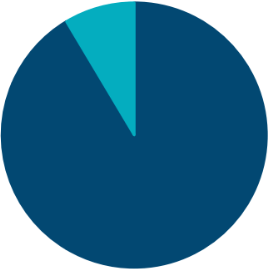
Donations
Individuals and corporations help support our work through donations

Grants
We receive grants to fund our work on many of our projects and programs

Sales & Services
Additional funding comes from the sale of data, films, and our services helping others with their marine conservation projects

Private Funding
The majority of our funding comes from our founder, who supports our core operating costs
Get in Touch
Mailing Address
Khaled bin Sultan Living Oceans Foundation
PO Box 182, Tire Hill, PA 15959
United States
Call Us
We’d love to speak with you: +1 443-221-6844
Send Us a Message
For questions, to engage our services, or to learn more about the Living Oceans Foundation, please get in touch.






